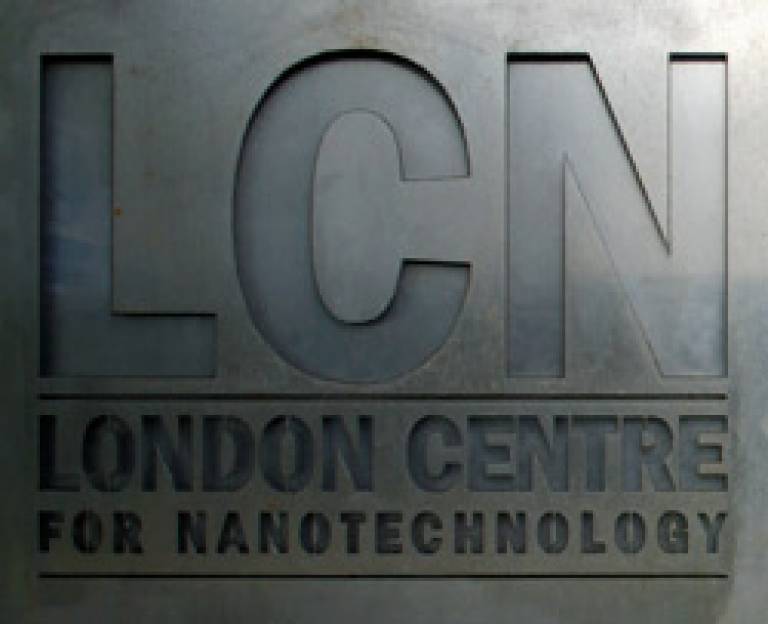UCL industry partnership to focus on microscope training
1 October 2009
Links:
 london-nano.com/" target="_self">London Centre for Nanotechnology
london-nano.com/" target="_self">London Centre for Nanotechnology
The London Centre for Nanotechnology (LCN) has joined forces with a commercial partner to train industry and academics in the use of Atomic Force Microscopes (AFM).
LCN - a unique partnership between UCL and Imperial College London - and engineers from Veeco Instruments have developed the course, which will start in November.
Veeco specialises in the manufacture of measurement equipment including AFMs, a type of high-resolution microscope that is one of the foremost tools for imaging, measuring and manipulating matter at the nanoscale.
This training course is to be sanctioned by a professional certification controlled and maintained by LCN. The list of certified users will be displayed and maintained on the LCN website since this certification will only be valid for three years to guarantee the practical competences of certified staff.
Dr Thierry Bontoux, LCN's deputy director in charge of business development, said: "There is a plethora of training available on AFM. However, there is no way to benchmark the value of each individual professional working on this kind of instrument.
"What the industry and the academics need is a realistic tool to evaluate the competences of different users. This is the aim of the training and the certification launched by the LCN and Veeco."
For more information follow the links above.
Image: London Centre for Nanotechnology
UCL context
LCN is a multidisciplinary research centre forming the bridge between the physical and biomedical sciences. It brings together two world leaders in nanotechnology, UCL and Imperial College London, in a unique operating model that accesses the combined skills of multiple departments, including medicine, chemistry, physics, electrical and electronic engineering, biochemical engineering, materials and earth sciences, and two leading technology transfer offices.
Related stories:
Nano-magnets guide stem cells to damaged tissue
Nanoscale research uses spin to revolutionise how computers work
 Close
Close

